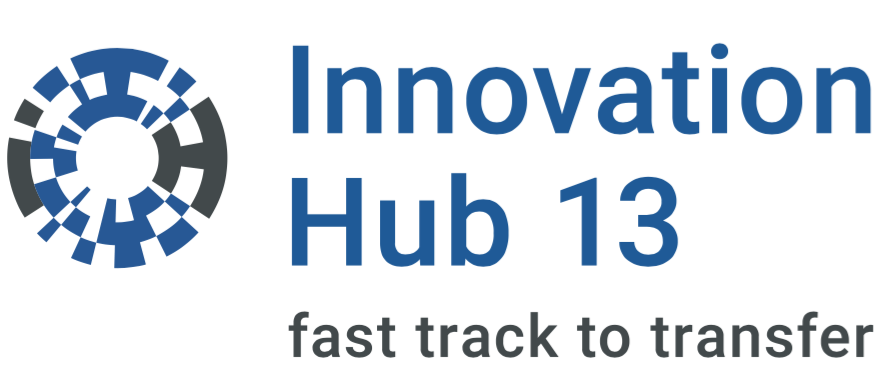Open Region: Regional Challenges as Starting Points for Innovation (Innovation Hub13 – Fast Track to Transfer)
Research department: Economy and Civil Society
IRS Research Topic: Shared Knowledge - Locally and Over Distance Research on Innovation Processes New Social Practices
Project Leader within IRS: Prof. Dr. Suntje Schmidt
Project Team: Julia Stadermann
Consortium: Technical University of Applied Sciences Wildau (Coordination) Leibniz Institute for Research on Society and Space Brandenburg University of Technology Cottbus-Senftenberg Polymeric Materials and Composites PYCO Fraunhofer Center for International Management and Knowledge Economy
Funding Organization: Federal Ministry of Education and Research
Duration: 01/2018 - 12/2022
The IRS is a participant in the “Innovation Hub13 – fast track to transfer”, a project funded as part of the German Federal Ministry for Education and Research's (BMBF's) “Innovative Hochschule” initiative, and obtained by the Technical University of Applied Sciences Wildau and the Brandenburg University of Technology Cottbus-Senftenberg. Prof. Dr. Suntje Schmidt developed the sub-project “Open Region: Regional Challenges as Starting Points for Innovation”, which resides at the intersection of innovation promotion and regional development. The aim of the project is to create the conditions for the integration of until now unconsidered innovation actors, in order to develop cooperative solutions for regionally relevant problem areas in Brandenburg.
The BMBF initiative supports the transfer of research-based knowledge and technology from technical universities and smaller- and medium-sized universities, with the aim of supporting their foothold in the region and of contributing to innovation in the economy and society. “Innovation Hub13 – fast track to transfer” is a research and transfer network comprising two universities and three non-university institutions (including the IRS). One of the four thematic areas of the network addresses “innovative regional development”, and it is here that the IRS sub-project resides.
The aim of the sub-project, titled “Open Region: Regional Challenges as Starting Points for Innovation”, is to develop a system for identifying opportunities for regional innovation (e.g. guidelines on conducting policy labs) and to initiate possible solutions via the Innovation Hub and its network. The project, and the solutions to be developed as part of it, build upon the results of previous IRS projects, in which it was shown that the adaptation of regional innovation policies are necessary to support problem- and user-driven innovation. Regional innovation policies must relate to the spatially distributed and highly mobile character of innovation processes and offer an open system for the creation and use of opportunities for many kinds of innovation. This makes the adaptation of regional innovation policies necessary to support problem- and user-driven innovation necessary, as Suntje Schmidt and colleagues from the research department “Dynamics of Economic Spaces” have presented in the concept “Open Region”. The sub-project joins the framework of the “Innovation Hub13” network at this point, and focuses on the practical implementation of Open-Region based policies in Brandenburg.


